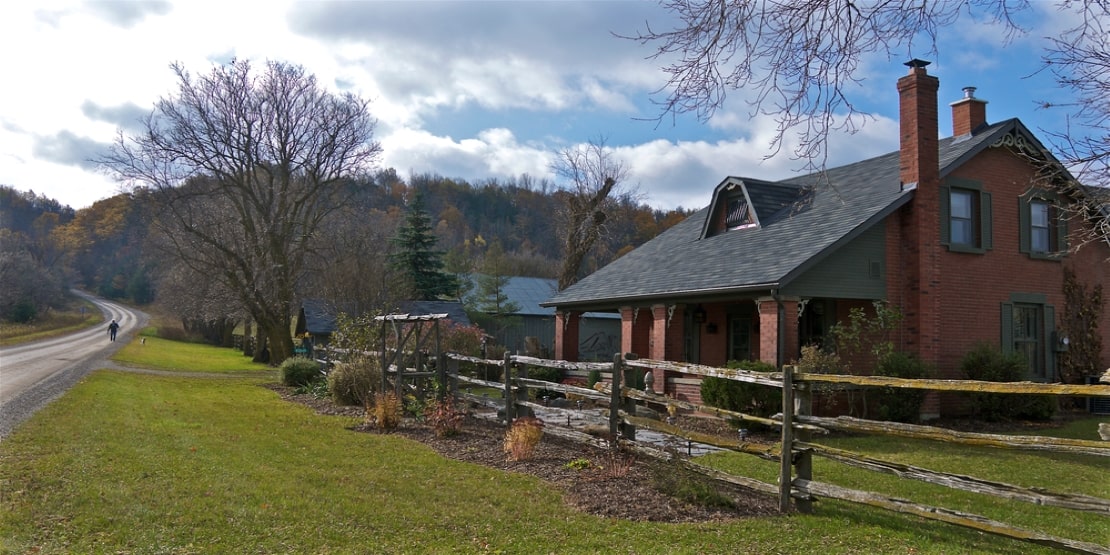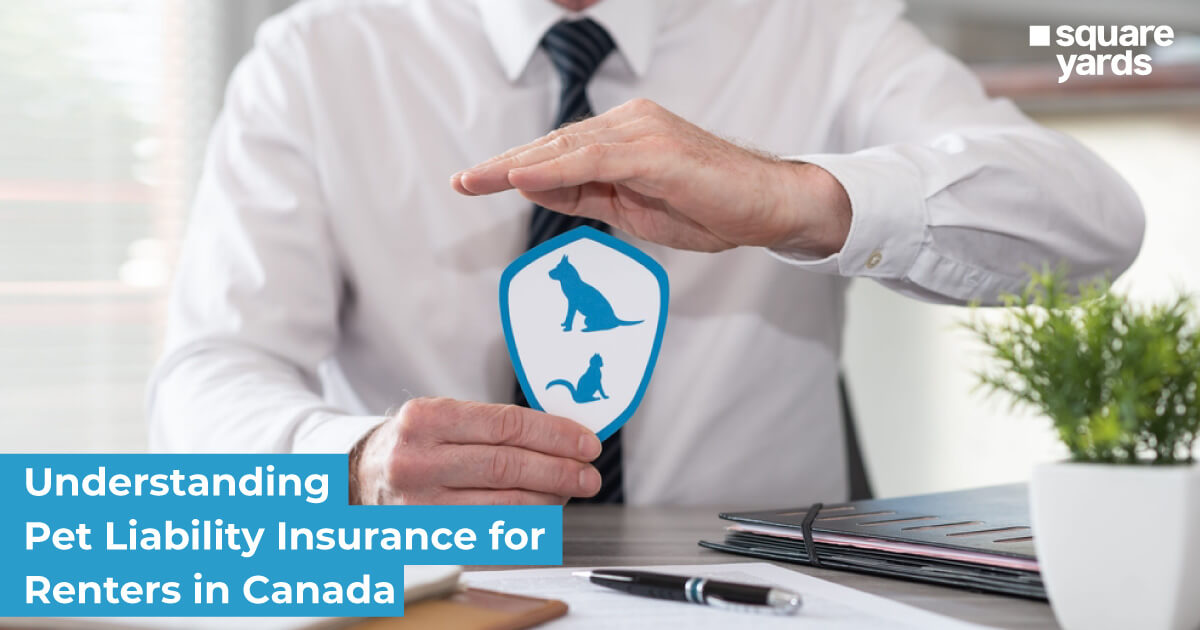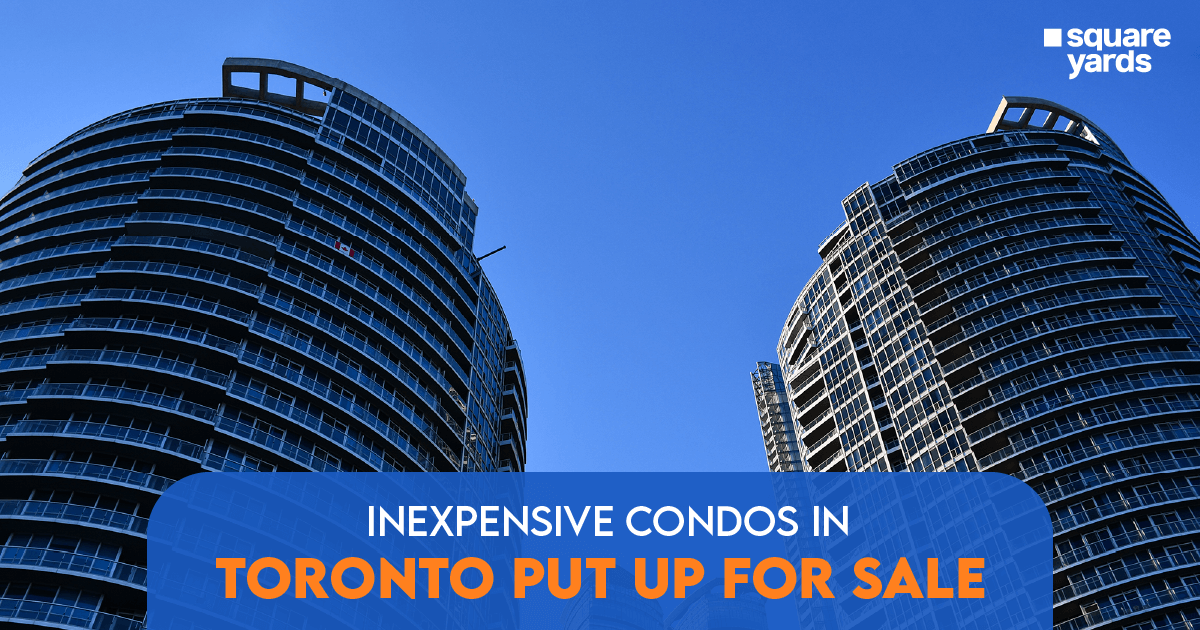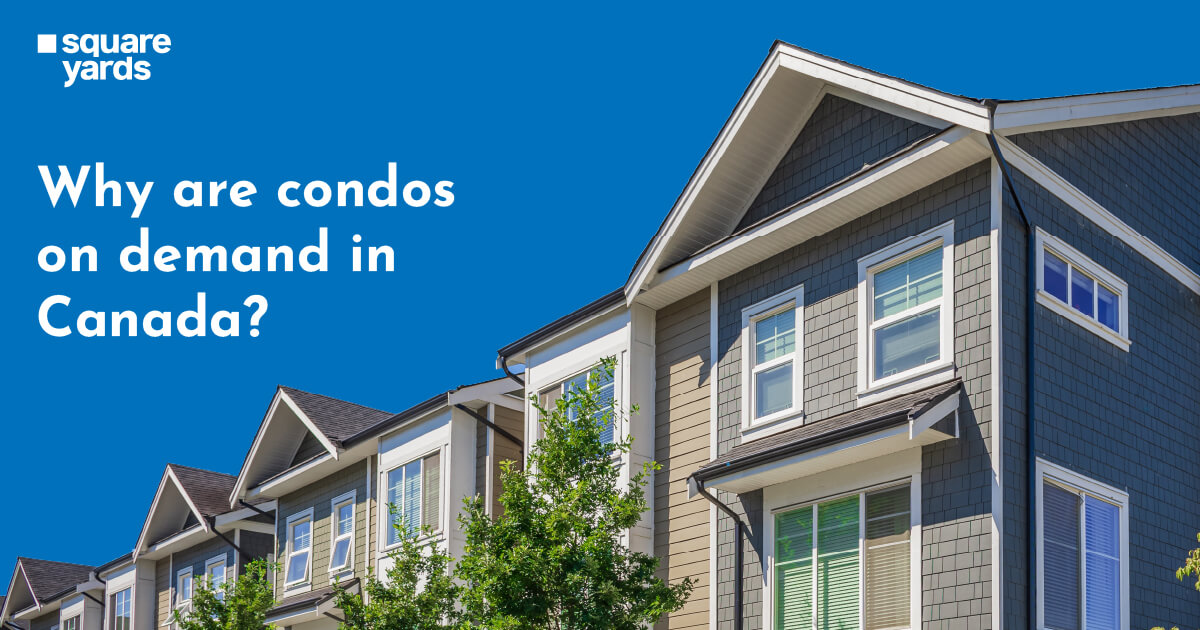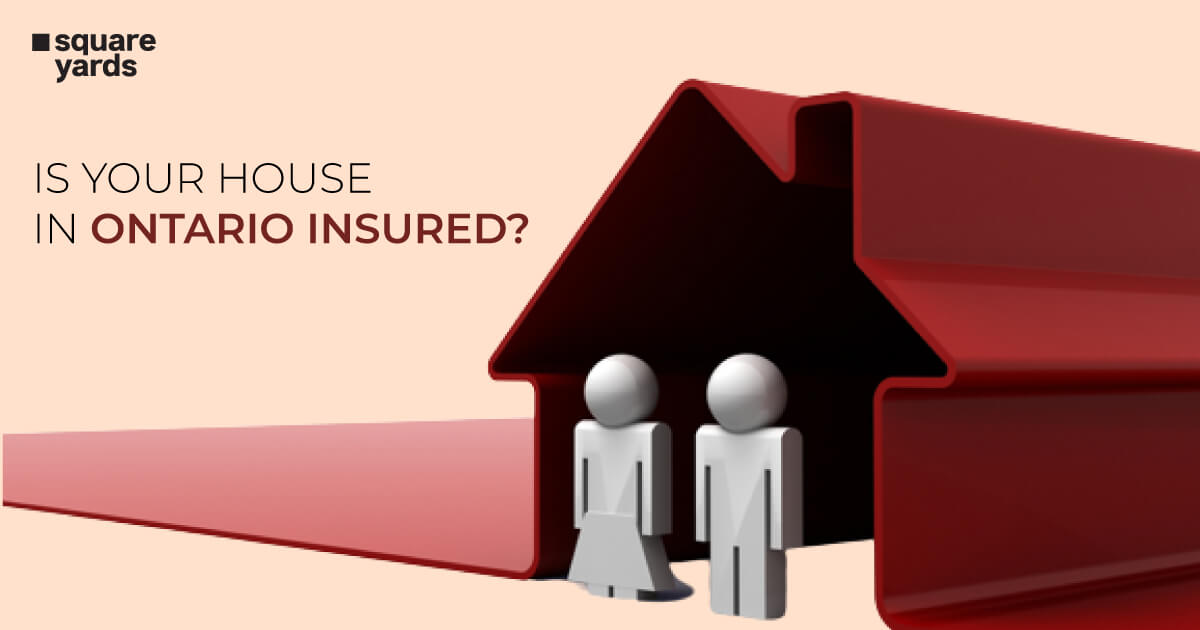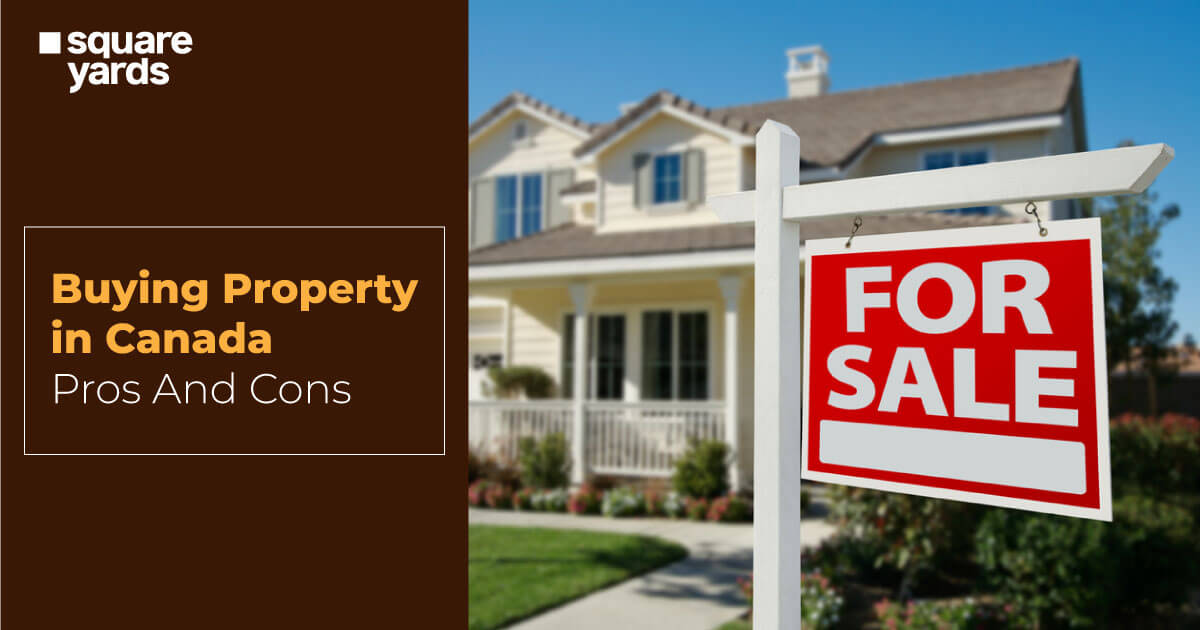When it comes to purchasing or selling a home, the most important thing to remember is to get the greatest price possible in the Canadian real estate market. As a buyer, you’ll be motivated to get the best deal possible, and as a seller, you’ll be motivated to get the best house price in Canada possible. Because of the natural rivalry between buyers and sellers, almost every home purchase involves some type of negotiation. Regardless of which side of the transaction you’re on, you’ll want to obtain the best deal you can.
Negotiating the house price in Canada can be stressful. When should you do it, and how should you do it? Don’t be overwhelmed by the prospect of awkwardness -Negotiating for the best housing price is commonplace. The fact of buying and selling a house is that it takes a lot of bargaining and many properties sell for less than the asking amount.
This isn’t to say that there aren’t any regulations, or that you should go out and buy the house of your dreams for an absurdly low price. However, with a little know-how, you might be able to get the house you desire for a lower price than it was originally posted.
Continue reading to learn how to get the best deal, then check out our expert guide to learn more about purchasing a home.
Research Your Local Area
In individual house sale negotiations, relying on generalizations about the current state of the property in the Canadian real estate market won’t get you very far. Always conduct a thorough investigation of house price in Canada in the area you’re considering. Pay special attention to recently sold properties that are similar to the one you want.
Room for Negotiation
Desirable regions, predictably, cost more, but if you have your heart set on a competitive neighborhood, you may be able to negotiate a lower price. How? This is especially true if the property has been on the market for a long time or if the seller is in a hurry to sell. Investigate why they’re selling: if it’s to move up the property ladder, you’re unlikely to have much wiggle room. On the other hand, if they are downsizing or moving out of town, employ your negotiating abilities then.
Contain Your Keenness
So you’re a big fan of the place. Once you’ve crossed the threshold, resist the urge to jump for excitement. Play hard to get, otherwise, the seller (and their agent) will assume you’re willing to pay a higher price. While being negative or unpleasant about a property is never acceptable, try to restrain yourself from being overly excited. If the home has an evident flaw (that isn’t a deal-breaker for you), such as a small kitchen or an out-of-date bathroom, don’t be hesitant to point it out tactfully and recommend that your offer be adjusted to reflect it.
Be on Good Terms with Your Agent
When it comes to estate agents, there are a few things to keep in mind during the bargaining process. One is that the estate agent represents the seller, not you, the buyer. Do not tell them your top budget limitations or let your frantic need for the house show.
The estate agent’s aim, on the other hand, is to conclude the purchase as quickly as possible and move on. So, if you can persuade the estate agent that you’re ready to buy, with a deposit in hand, a mortgage in the works with the bank, and your lawyer available for a phone call, they’ll be more inclined to recommend you to the seller, even if your offer isn’t as high as they’d hoped.
Avoid making excessively low bids, as this may irritate the seller as well as the estate agent, who may begin to doubt your commitment to the purchase.
Be Chain Free
It sounds dangerous, and it is. If you plan to sell your house before buying, be as prepared as possible by conducting all of your research ahead of time and having your mortgage pre-approved, at the very least in principle. A free online calculator can help you get started on your mortgage inquiry. If things go wrong, you’ll also need a backup plan (i.e., a place to stay for a while).
Despite the danger, selling before buying has a significant advantage: it allows you to be ‘chain-free,’ which sellers would always prefer to have to wait for you to sell your house before closing the sale.
Know When to Negotiate
When it comes to negotiating the price of prized family property, proceed with caution. As a general guideline, anticipate haggling down approximately 10% of the asking price, but avoid insulting the seller by pointing out the problems in their home as the basis for the price reduction.
If you’re looking to buy a new home, on the other hand, you can afford to be pushier in your discussions because you won’t be criticizing someone’s long-term residence. When buying in a new development, having a keen eye for structural aspects and materials will come in helpful. Say how much you believe it will cost to replace the badly installed flooring.
When to Push?
One recent occurrence that has been widely reported is buyers attempting to negotiate lower pricing solely on the basis of “isn’t everyone decreasing prices due to the pandemic?” This isn’t true, and some sellers may be put off by this type of negotiating, so stay away. Instead, come up with good, convincing arguments why you believe it’s appropriate to request a discount (e.g. you can complete sooner than other buyers).
How to Make an Offer
You might be wondering how to make an offer on a house price in Canada correctly if you’ve never done it before. The solution is that it should be done in writing with as much detail as possible. It’ll be a lot easier to start discussions this way because there won’t be a “he said, she said” issue if you and the seller can’t agree.
Sellers and their agents/solicitors prefer written offers, especially if the letter is accompanied by proof of your mortgage offer, an indication that you are willing to be flexible on exchange and completion dates (within reason) to accommodate their schedule, and any other information you can provide.
Be Careful while Negotiating
There will be times when you really want that house and it will seem worthwhile to make an offer that is higher than the asking price. Beautiful vintage properties in good shape don’t come up very frequently, so if you have the financial means, don’t miss out on this once-in-a-lifetime opportunity.
Nonetheless, be cautious.Any counter-offers should be presented in descending order, so the seller understands how much you’re willing to spend (and how long you’re willing to negotiate).
Comparing Mortgage
Getting the greatest mortgage rate on a new house price in Canada should be considered part of the overall price negotiation. As previously said, having a mortgage agreement in principle with your lender can provide you more negotiating power with the seller: if you are perceived as more reliable and with fewer possible issues than other purchasers, you will be more valued.
Finally, keep in mind that negotiation is all about compromise, and you’ll almost certainly have to give up a few things to seal the deal. However, if you remember these pointers, you’ll be able to successfully negotiate the price of a home.
Frequently Asked Questions (FAQs)
How Much Does a New House Cost in Canada?
The average detached house in Canada costs $688,208 as of May 2022, and you'll need a $43,821 down payment and a family income of at least $109,000 to buy one.
Can We Construct a House in Canada?
Yes, you can build a house in Canada. Once you have purchased the land you can start constructing the house according to your feasibility.
Will Home Prices Drop in 2022 Canada?
Home prices in Canada will remain elevated' in 2022, and the outlook for the next several years isn't promising.
Is it Good to Buy House in Calgary?
Calgary is one of the most affordable big cities to acquire real estate in today's market, with excellent returns on investment. In the last year, the average price of a home in Calgary increased by 10%.
Who Can Afford a House in Toronto?
In the second quarter of 2021, the National Bank of Canada calculated a 'representative home price' (non-condo) of $1,146,667 for the metropolitan Toronto market. To afford a house, one (or more likely two) people would require a yearly income of around $196,913.


